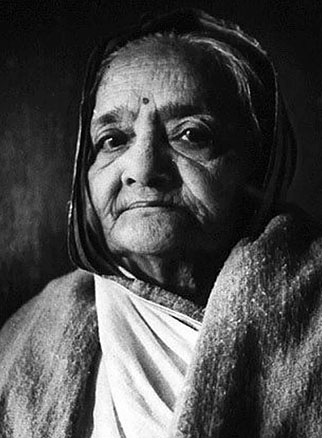Kasturba Gandhi, the Empowered Woman: What You Didn't Know
(11th April 1869 - 22nd February 1944)
History
has often presented Kasturba Gandhi as the subsidiary shadow of her husband,
Mohandas Karamchand Gandhi. While the ‘Father of the Nation’ is revered for
being on the front-lines of the freedom struggle, Kasturba has left an
indelible mark on Indian history with her significant, albeit under-recognised
contributions, to the struggle for independence.
She wasn’t taught to read or write, but at a young and confusing age, she was asked to make a conscious decision to relieve herself of a ‘traditional’ family life and dedicate it to fighting for the freedom of her country instead.
And she did.
On 22 February, her 74th death anniversary, here are a few facts about the woman who was bound in silent resilience and unexpressed ambition, a side-lined leader whose identity went far and beyond that of her husband.
She wasn’t taught to read or write, but at a young and confusing age, she was asked to make a conscious decision to relieve herself of a ‘traditional’ family life and dedicate it to fighting for the freedom of her country instead.
And she did.
On 22 February, her 74th death anniversary, here are a few facts about the woman who was bound in silent resilience and unexpressed ambition, a side-lined leader whose identity went far and beyond that of her husband.


